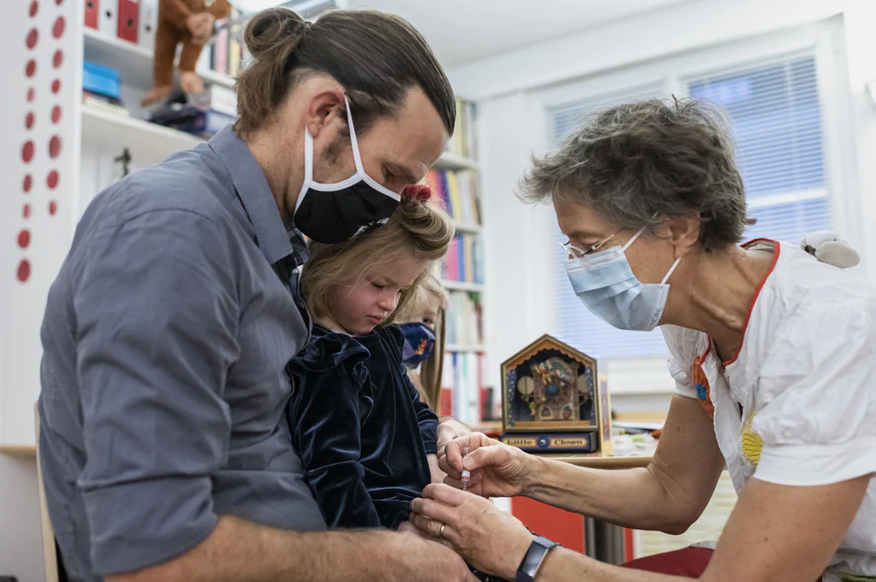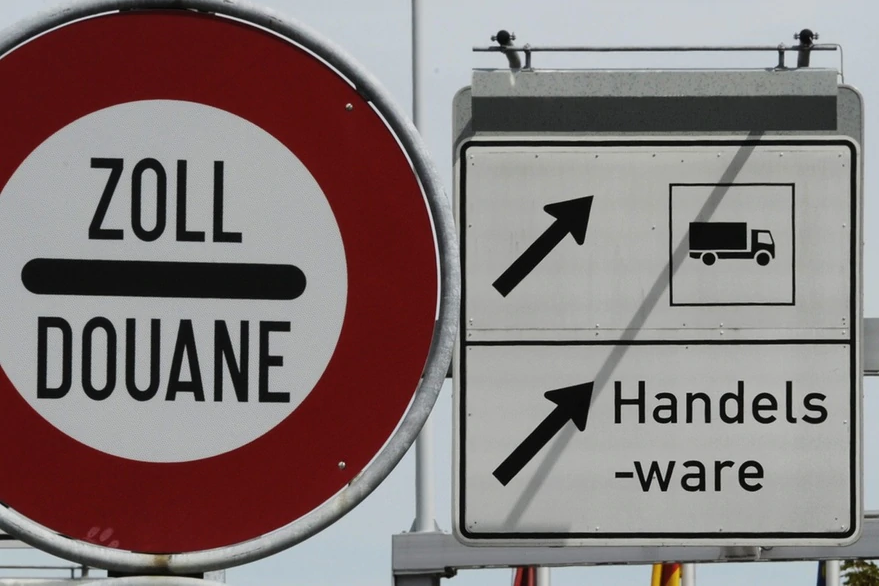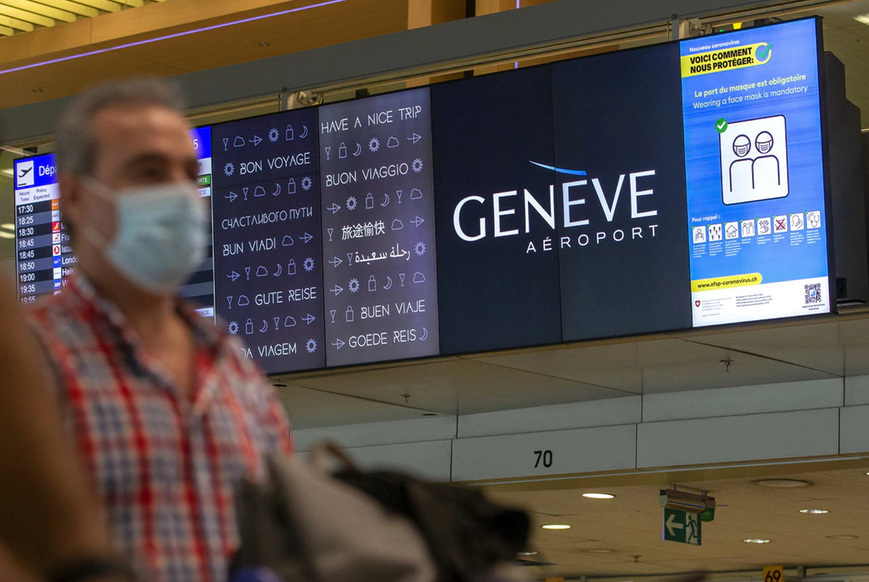Just 16% of Swiss would immediately get vaccinated against coronavirus, according to a recent survey Keystone Faced with considerable public scepticism towards a Covid-19 vaccine, the Federal Office of Public Health is preparing an information campaign about vaccinations. However, the country’s top hospital hygienist thinks offering incentives is a better way to make people get a jab. Just 16% of Swiss would immediately get vaccinated against coronavirus, according to a survey by the Swiss Broadcasting Corporation on November 6. “No way,” said 28% of the 40,000 respondents. In the middle are many people who aren’t sure or who prefer to wait and see if any side-effects appear. Given these levels of uncertainty, the government is working on a campaign to prepare the
Topics:
Swissinfo considers the following as important: 3.) Swiss Business and Economy, 3) Swiss Markets and News, Featured, Latest News, newsletter
This could be interesting, too:
Nachrichten Ticker - www.finanzen.ch writes Die Performance der Kryptowährungen in KW 9: Das hat sich bei Bitcoin, Ether & Co. getan
Nachrichten Ticker - www.finanzen.ch writes Wer verbirgt sich hinter der Ethereum-Technologie?
Martin Hartmann writes Eine Analyse nach den Lehren von Milton Friedman
Marc Chandler writes March 2025 Monthly

Just 16% of Swiss would immediately get vaccinated against coronavirus, according to a recent survey Keystone
Faced with considerable public scepticism towards a Covid-19 vaccine, the Federal Office of Public Health is preparing an information campaign about vaccinations. However, the country’s top hospital hygienist thinks offering incentives is a better way to make people get a jab.
Just 16% of Swiss would immediately get vaccinated against coronavirus, according to a survey by the Swiss Broadcasting Corporation on November 6. “No way,” said 28% of the 40,000 respondents. In the middle are many people who aren’t sure or who prefer to wait and see if any side-effects appear.
Given these levels of uncertainty, the government is working on a campaign to prepare the public for a vaccination, the SonntagsZeitung reported.
“We want to provide the population with transparent information and raise awareness of a vaccination against the novel coronavirus,” health office spokeswoman Katrin Holenstein told the paper.
However, as no details about the characteristics and effectiveness of the vaccine have yet been released, it was too early for the campaign, she said.
Incentives vs obligation
Andreas Widmer, president of Swissnoso, the association of experts for infectious diseases and hospital hygiene, doesn’t think information campaigns are enough. He suggests introducing incentives to increase the willingness to vaccinate.
“Only people who have been vaccinated or have a current negative test before each trip should be allowed to travel abroad by plane, coach or cruise,” Widmer told the SonntagsZeitung. “Vaccination is an expression of solidarity with society, and for this you need an individual and small sacrifice.”
The Epidemics Act in fact allows the government, in consultation with the cantons, to impose an obligation to vaccinate vulnerable population groups, as well as people who carry out certain activities, such as hospital or care staff.
Although Health Minister Alain Berset last week ruled out a nationwide compulsory vaccination, it is not off the table for certain groups such as nursing staff in old people’s homes. However, because it is not yet clear which vaccine will be used and whether it will lead to immunisation in older people, the health office says the introduction of a compulsory vaccination for nursing staff is not yet an issue.
Tags: Featured,Latest news,newsletter








